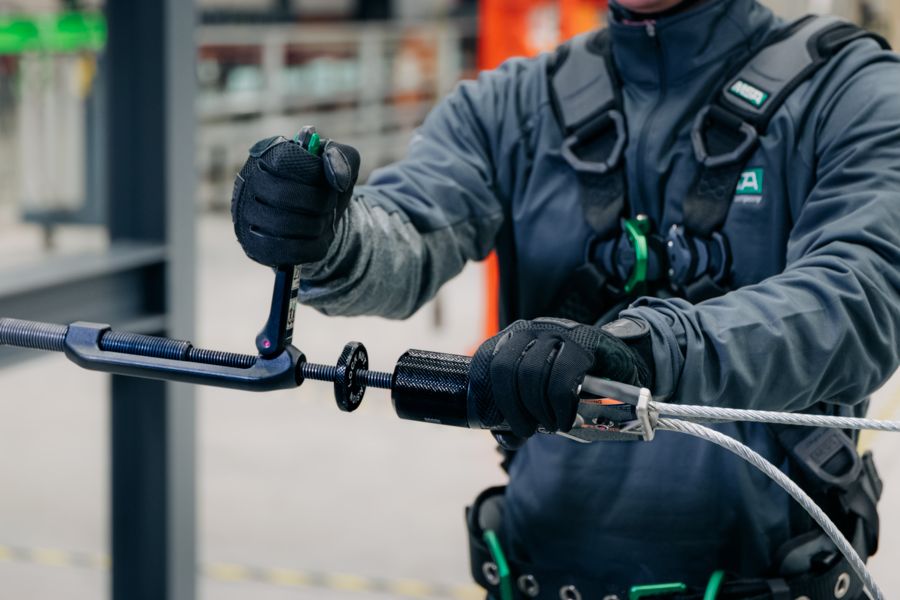
Sales closers play a critical role in any organization’s revenue growth. They are the professionals who convert leads into paying customers, turning opportunities into tangible results. Unlike general sales representatives, sales closers focus on the final stage of the sales process, using persuasion, strategic communication, and expert negotiation to seal deals. Their effectiveness can determine a company’s bottom line, making them indispensable in competitive industries. To become a successful sales closer, understanding the psychology of buyers, mastering communication, and developing resilience are essential. Sales closers bridge the gap between a company’s offerings and a customer’s needs, ensuring that both parties benefit from a successful transaction. Their impact goes beyond mere numbers; they foster long-term relationships that drive repeat business and referrals.
Sales closers possess a unique set of traits that distinguish them from other sales professionals. Confidence is crucial because clients often rely on the closer’s expertise and authority to guide decisions. Excellent communication skills allow them to articulate value propositions clearly and address objections convincingly. Resilience helps them navigate rejection without losing motivation or momentum. Empathy and active listening ensure they understand the customer’s pain points and provide solutions tailored to individual needs. Time management is another critical trait, as sales closers often juggle multiple prospects simultaneously and need to prioritize follow-ups effectively. Their ability to remain composed under pressure and maintain professionalism consistently sets them apart from average performers. Ultimately, the combination of soft skills and strategic thinking creates a powerful formula for success in closing deals.
To excel as a sales closer, mastering essential skills is non-negotiable. Active listening and thoughtful questioning enable closers to uncover what drives a prospect’s decision-making process. Negotiation skills allow them to present offers that maximize value for both the customer and the company. Storytelling is an underutilized but highly effective tool, helping prospects visualize the benefits of a product or service. Closing techniques, including urgency creation and alternative choice strategies, help push hesitant buyers toward action. Proficiency with customer relationship management (CRM) systems ensures no lead falls through the cracks and every interaction is documented. Relationship-building skills help maintain long-term customer loyalty, even after the initial sale. Being adaptable and learning continuously are also crucial, as sales techniques and buyer behaviors evolve over time.
Top closing strategies are the practical tools every sales closer should have in their arsenal. These strategies can vary based on the prospect and industry but share the common goal of converting leads effectively. Some of the most powerful approaches include:
- The assumptive close: Acting as if the sale is already decided and guiding the customer toward the final step.
- The alternative choice close: Offering two options to create a sense of control while directing the decision.
- The urgency or scarcity close: Highlighting limited availability or time-sensitive benefits to encourage action.
- The consultative close: Positioning the closer as an advisor who understands the client’s unique needs and offers tailored solutions.
- The summary close: Reinforcing key benefits and value points before requesting a commitment.
Implementing these strategies effectively requires practice, confidence, and timing. Skilled closers understand that no single approach fits every scenario, so adaptability is key.
Sales closers face several challenges in their role, and overcoming these obstacles is part of their expertise. Handling objections without sounding defensive requires a delicate balance of empathy and persuasion. Long sales cycles can test patience, making consistent follow-ups and relationship management essential. Rejection is inevitable, so maintaining motivation and focusing on the next opportunity is vital. Different buyer personalities necessitate a flexible approach, as what works for one prospect may fail with another. High-pressure situations demand emotional intelligence, ensuring that stress does not negatively impact interactions. Even in competitive or high-stakes deals, top sales closers manage to maintain professionalism and composure. Continuous improvement through reflection and learning helps them refine techniques and remain effective.
Training and development play a critical role in shaping high-performing sales closers. Formal training programs offer structured learning on communication, negotiation, and closing strategies. On-the-job experiences provide real-world exposure to different customer scenarios, which is invaluable for skill refinement. Role-playing exercises allow closers to practice handling objections, testing strategies, and improving confidence. Feedback from mentors or managers accelerates growth by highlighting strengths and areas for improvement. Continuous learning ensures that closers stay updated with industry trends, technological advancements, and evolving buyer expectations. Sales coaching programs provide personalized guidance, helping individuals reach their full potential. Measuring performance through key metrics like conversion rates, deal size, and revenue impact allows companies to identify top performers and optimize sales processes.
Equipping sales closers with the right tools significantly enhances their effectiveness. CRM platforms streamline lead management, tracking, and follow-up, ensuring that opportunities are not missed. Automation tools help manage repetitive tasks, freeing up time for relationship-building and closing activities. Email sequencing platforms allow timely, personalized communication to nurture leads. Analytics and performance dashboards provide insights into what strategies work and which areas need improvement. Access to market research tools helps closers understand customer trends, competitor offerings, and industry developments. Professional communities and networking events offer opportunities to share insights, gain inspiration, and learn from peers. Integrating technology and resources enables sales closers to operate efficiently and stay ahead in a competitive landscape.
The future of sales closers is shaped by evolving technology and changing buyer expectations. Artificial intelligence and machine learning are streamlining prospecting, lead scoring, and communication, allowing closers to focus on high-value interactions. Virtual selling is becoming increasingly prevalent, requiring new approaches for remote engagement and relationship-building. Buyers now expect personalized, value-driven interactions, making empathy and consultative skills more critical than ever. Continuous skill development is necessary to remain relevant in an increasingly digital sales environment. Successful sales closers adapt to these changes while maintaining their core strengths in communication, persuasion, and negotiation. Those who embrace technology without losing the human touch will thrive in modern sales landscapes.
Frequently Asked Questions (FAQ)
What is the difference between a sales closer and a sales representative?
Sales closers focus primarily on converting leads into customers, usually at the final stage of the sales process. Sales representatives manage the full sales cycle, including lead generation, prospecting, and nurturing relationships.
How do I know if I have the skills to become a sales closer?
Key indicators include strong communication, confidence, resilience, and a natural ability to persuade and negotiate. Interest in understanding customer needs and closing deals is also essential.
Can sales closers work on commission only?
Yes, many sales closers operate on a commission-only basis, which incentivizes performance but requires discipline and consistency.
How long does it take to become a proficient sales closer?
Skill development varies by individual, but consistent practice, mentorship, and training can produce proficiency within months to a couple of years.
What industries need sales closers the most?
Industries with complex or high-value products and services, such as software, real estate, financial services, and B2B solutions, rely heavily on expert sales closers.
Takeaway
Mastering the art of sales closers is a combination of skill, strategy, and resilience. Effective closers are not just persuasive—they understand their customers deeply, leverage proven techniques, and continuously refine their craft. By investing in training, using the right tools, and adapting to changing buyer behaviors, sales closers can consistently drive results and contribute significantly to a company’s growth. Their role remains indispensable, ensuring that opportunities turn into tangible outcomes while building lasting customer relationships.


